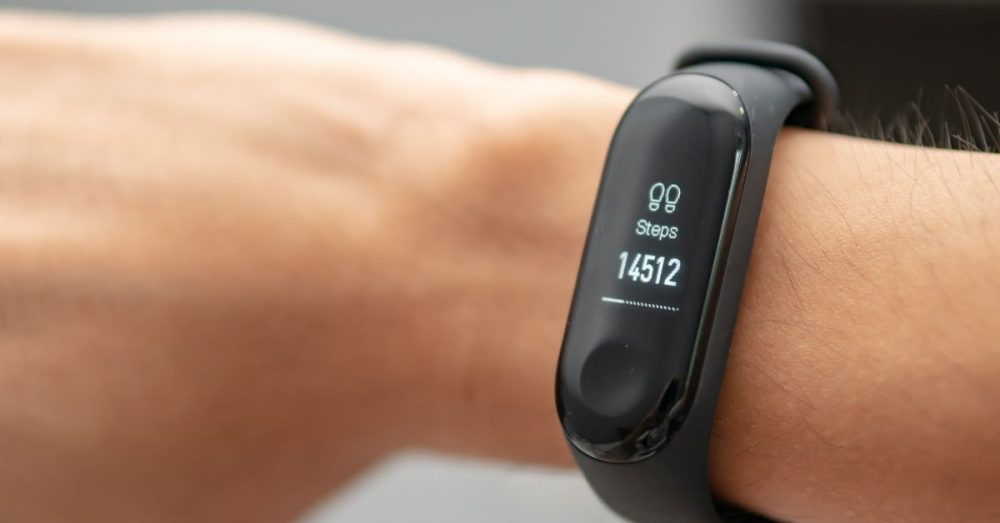Our bodies tell a story.
Recent breakthroughs in technology, including smartwatches and other devices, have made it possible to pick up the details of that story. They can pick up things like sleep disturbances and unusual heart activity, providing doctors with valuable data that they never had before.
Such devices can measure when we move, how we move, and how often we move. They can even measure the way we move. New research out of Israel reveals the importance of monitoring such movements, especially the way we walk. The steps we take can help doctors detect issues associated with aging, including cognitive decline — an issue that has been in the spotlight recently because of President Joe Biden’s performance in the first presidential debate.
Here’s the start of the report:
Researchers at Tel Aviv University and the Ichilov’s Tel Aviv Sourasky Medical Center led a multidisciplinary international study in which an innovative model based on machine learning was developed to accurately estimate step length.
The new model can be integrated into a wearable device that is attached (with “skin tape”) to the lower back and enables continuous monitoring of steps in a patient’s everyday life.
“Step length is a sensitive measure of a wide range of problems and diseases, from cognitive decline and aging to Parkinson’s. The conventional measuring devices that exist today are stationary and cumbersome, and are only found in specialized clinics and laboratories. The model we developed enables accurate measurement in a patient’s natural environment throughout the day, using a wearable sensor,” the researchers explained.


